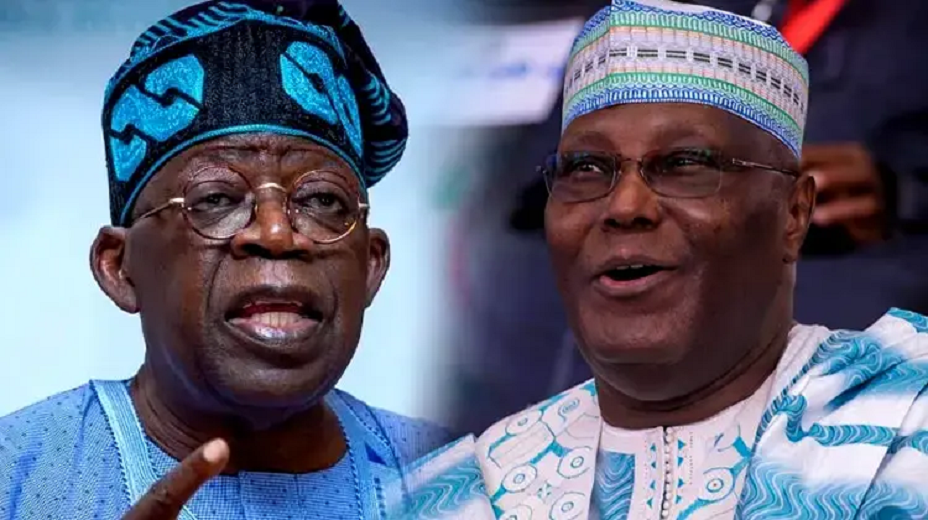Funmi Iyanda rounded off the month of February by discussing Boko Haram with the Executive Director of the Initiative For Community Health And Crisis Response, Hauwa Magaji, journalist, Jack Vincent Fidelis, and a man who went from being an Almajiri to a political science professor, Prof. Umara Ibrahim Gudumbali.
This episode was a somber one. It has been over 12 years since Boko Haram began its insurgency in Nigeria. In that time, millions of Nigerians have died, and they have displaced over two million people from their homes.
60% of those displaced are children and women. Most of the men have either been killed or are too embarrassed to leave their homes to live in a refugee camp. When will this end?
Public Eye went into an IDP camp, there, a resident explained the conditions that led to him being in the camp. We got an insight into the abysmal conditions they live in.
Joblessness, lack of access to the most basic amenities such as water, poorly ventilated makeshift homes, and a sudden halt in the education of millions of northern children are a part of their woes. He narrated that in a camp of over 3500 people, there were only 25 toilets.
According to Hauwa Magagi, the negative impact of Boko Haram was felt by women first. “Before this, all started, in Maiduguri, women were independent. We had access to every good thing life offered. We had access to education. We were not harassed. We didn’t have to follow a strict dress code. We were free.”
“Now, a woman can’t move about without a full hijab, or else Boko Haram members will harass her. A boy young enough to be your son will stop you and threaten to beat you up. These days, women prefer to stay home for fear of harassment.”
For Jack Vincent Fidelis, the Boko Haram crisis hits close to home as he has a brother in the Nigerian Army. “This is an experience I don’t wish for anybody. When I hear from him, I feel relief. When I don’t hear from him, I’m terrified because I don’t know if he’s dead or alive.”
“Each time I hear that there was a bomb blast and soldiers died, I don’t know if my brother is one of them. He has a wife with twins that he has not seen for two years.”
According to Prof. Umara Ibrahim Gudumbali, “Boko Haram is a creation of the Nigerian State. When they began, everybody was watching, everybody was seeing, everybody was warning the federal government, but because of the so-called democracy that we claim to be practicing, those people that were threatening national security were pardoned and the issues escalated.”
The full episode is available on Public Eye’s YouTube Channel: https://youtu.be/rUHoDn_xzw0
Public Eye airs every Sunday at 5 pm on TVC News. You can catch them on any of these television channels: DSTV (channel 418), Startimes (channel 307), GOTV (channel 45), or channel 572 on Sky.





















































